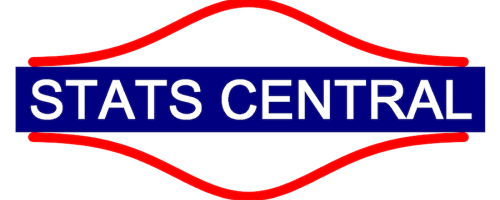
This two-day course is a hands-on introduction to basic statistical analysis aimed at researchers.
Course Overview
In many disciplines, researchers wishing to publish are asked to provide a rigorous statistical analysis. Reviewers are often specific about what statistical measures they want included. "Why wasn't Fisher's Exact Test used?" "Was an appropriate sample size determined a priori?"
Statistical analyses require specialised software to perform calculations. In this course, we use the free statistical program R, although researchers may have another statistical package available to them.
How does one decide which statistical procedure is the most appropriate? What do all the pages of the printout mean?
This course is designed as an introduction to statistical design and analysis for researchers. There is emphasis on understanding the concepts of statistical procedures (with a minimum of mathematics, although some will be discussed) and on interpreting computer output. This course is designed to help you, the researcher. It is helpful if you have done an undergraduate statistics subject, although this course can serve as a first introduction or a refresher.
Instructions on how to obtain computer printouts will be provided with an emphasis on interpreting the computer printout (most packages produce similar printouts). There will be plenty of practical work throughout the course.
Do you need to have previous experience using the program R?
It would be very helpful if you have some basic knowledge of R. We recommend our one-day course, Introduction to R, which runs just prior to this course. However, previous experience with statistical packages like SAS, SPSS or Stata and some basic programming skills are also helpful.
In this course, the statistical software package used is R exclusively. We do not use or demonstrate SPSS.
Course Outline
Introduction
Types of experiments, scales of measurement, which method to use.
Summarising and Graphing Data
Ways of presenting data (histograms, boxplots), measures of centre and spread, analysing tables, correlation, and confidence intervals.
Comparing Groups
Hypothesis testing concepts - power, significance, P-value. Comparing two groups (t-tests, Wilcoxon).
Comparing many groups (with one treatment factor) - one-way ANOVA or Kruskal-Wallis - multiple comparison tests.
Finding Relationships
Correlation, predicting relationships (regression - simple).
Other topics covered
Non-Normal data - transformations and non-parametric tests. If time is available, we will briefly discuss sample size and power.
You will need to bring your own laptop to the workshop.
Course fees include morning tea and lunch.
You will receive a certificate of completion for the course.
Event details
Seat availability